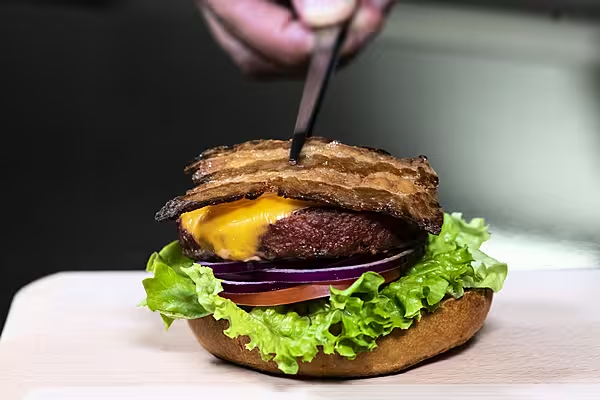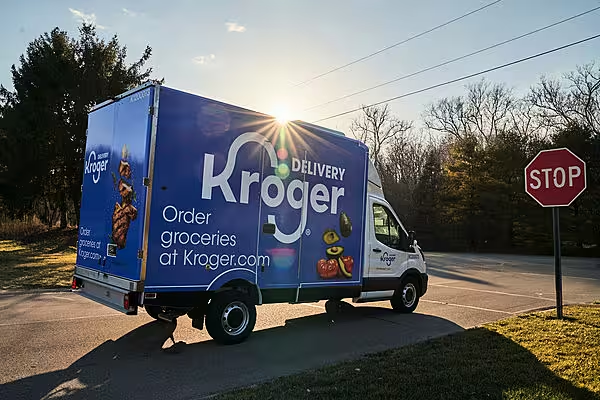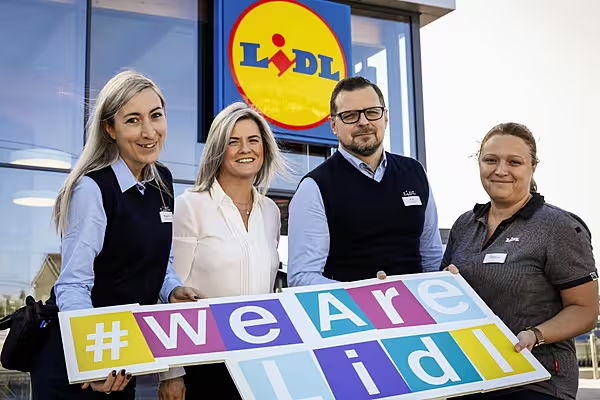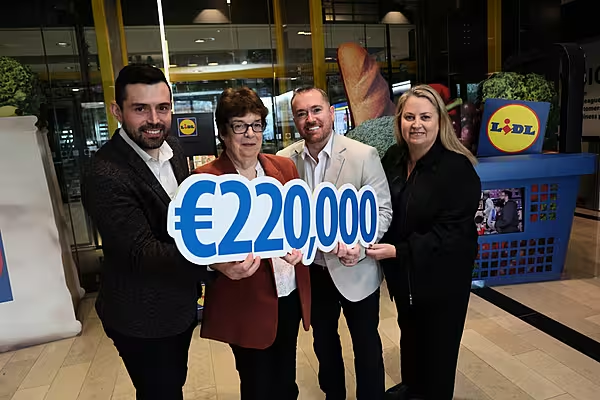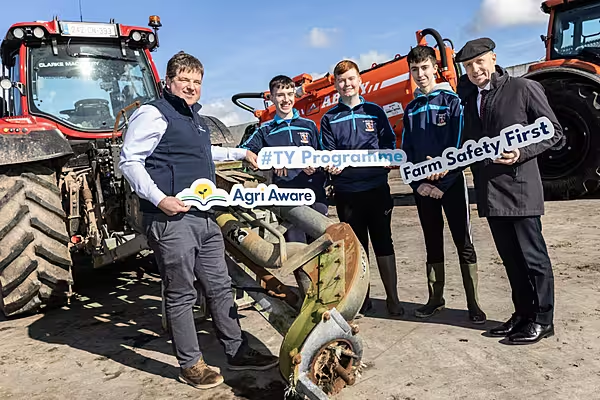The VTT Technical Research Centre of Finland has developed what it describes as ‘sustainable meat alternatives’ through the use of cellular agriculture. VTT’s initiative uses underused and easy-to-grow local plants, such as fava beans and sorghum, which provide a high nutritional value and a more sustainable, plant-based alternative to animal meat, reports ESMmagazine.com. “We use cellular agriculture-based techniques, combined with our long-term expertise working with challenging plant-based raw materials, to transform nutritious local crops into delicious foodstuffs that offer an identical sensory experience to animal-based meat,” commented Nesli Sözer, research professor at VTT. “In order to solve these challenges, we need plant-based meat that can genuinely satiate demand, and that can be scaled in a way that improves food security and nutrition for all.”
Antoine Arnault, LVMH chairman Bernard Arnault’s eldest son, was on Friday named chief executive of family holding company Christian Dior SE, replacing veteran executive Sidney Toledano and stirring speculations of succession at the group. Christian Dior is a listed company that owns the bulk of the Arnault family’s stake in LVMH, the world’s largest luxury group, reports Reuters. The move raises the stature of 45-year-old Antoine, one of Arnault’s five children, all of whom hold senior positions in LVMH, the group behind fashion houses Louis Vuitton and Christian Dior, as well as labels including champagne and five-star hotels. Antoine Arnault’s appointment follows a change in the legal structure of the family’s investment, to ensure its control of LVMH, with holding company Agache – which owns shares in Christian Dior SE – becoming a joint-stock partnership on Tuesday. The tightening of the family’s grip on its empire also comes amid a wave of high-profile successions in other fashion companies in Europe.
Grocery-in-minutes company Getir’s $1.2 billion deal to buy rival Gorillas is an important step toward consolidation in Europe’s food delivery market, where companies are struggling amid a post-Covid slowdown, reports Reuters. After rapid expansion, these businesses were hit in March with a fall in lockdown-driven demand for deliveries and rising interest rates, while investors soured on loss-making tech companies. The food delivery groups began quickly combining, cutting costs, and exiting markets where they were weak, in a quest to become profitable. Companies and industry observers say that the painful retrenchment is set to continue, but survivors are starting to see the first green shoots. Citi analyst Catherine O’Neill said that mergers and cost-cutting to remove excess capacity were taking place more quickly than expected, and unit economics, including order size per delivery, are improving.
© 2022 Checkout – your source for the latest Irish retail news. Article by Donna Ahern. For more retail news, click here. Click subscribe to sign up for the Checkout print edition.
